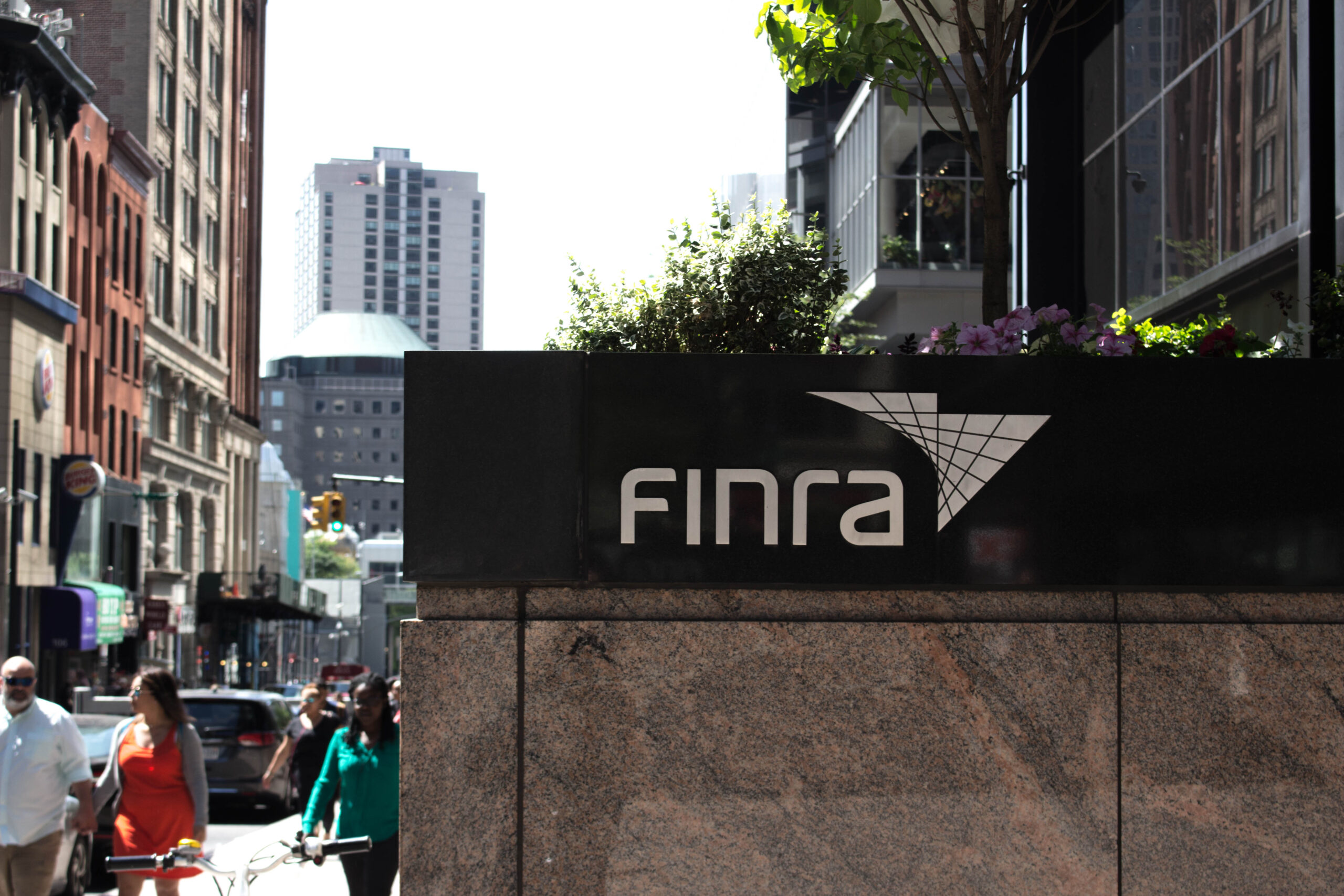By Eric Beck, Managing Director, U.S
On January 28, the Financial Industry Regulatory Authority (FINRA) released its Annual Regulatory Oversight Report. As in recent years, the Report broadly covers financial crime prevention, operations, communications and sales, market integrity, and financial management.
Many of the same topics have appeared in past Reports, including outside business activities, private securities transactions, cybersecurity, books and records, and private placements, to name a few. The repeated inclusion of these and other topics highlights the importance FINRA places on having related compliance programs in place.
This summary outlines key takeaways on the topics most relevant to our broker-dealer clients. We encourage firms to review the full document available on the FINRA website here.
Cybersecurity and cyber-enabled fraud
Anti-money laundering (AML), fraud and sanctions
Third-party risk landscape
Outside business activities and private securities transactions
Books and records
Senior investors and trusted contact persons
Reg BI and Form CRS
Private placements
Market integrity
Net capital
How can IQ-EQ help?
While the FINRA report provides guidance on its areas of concern for 2025, it is not an exhaustive list of everything the regulator will review during exams. We recommend that your firm review the complete report and determine the risk areas that are most relevant.
IQ-EQ provides registration and ongoing compliance services for broker-dealers, as well as Outsourced CCO and Registered Principal services. We have a wealth of experienced professionals, including former FINRA employees, who are ready to assist in all your compliance needs. Click here to find out more about IQ-EQ’s compliance consulting services offering and get in touch with our experts today.




